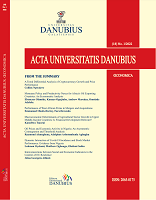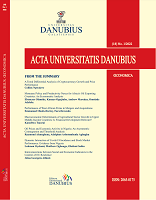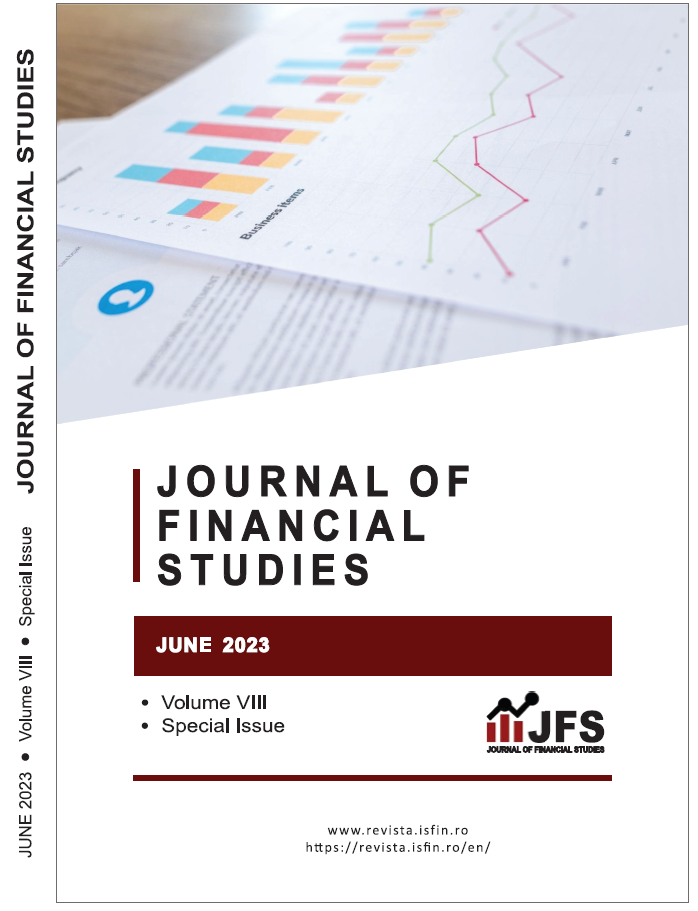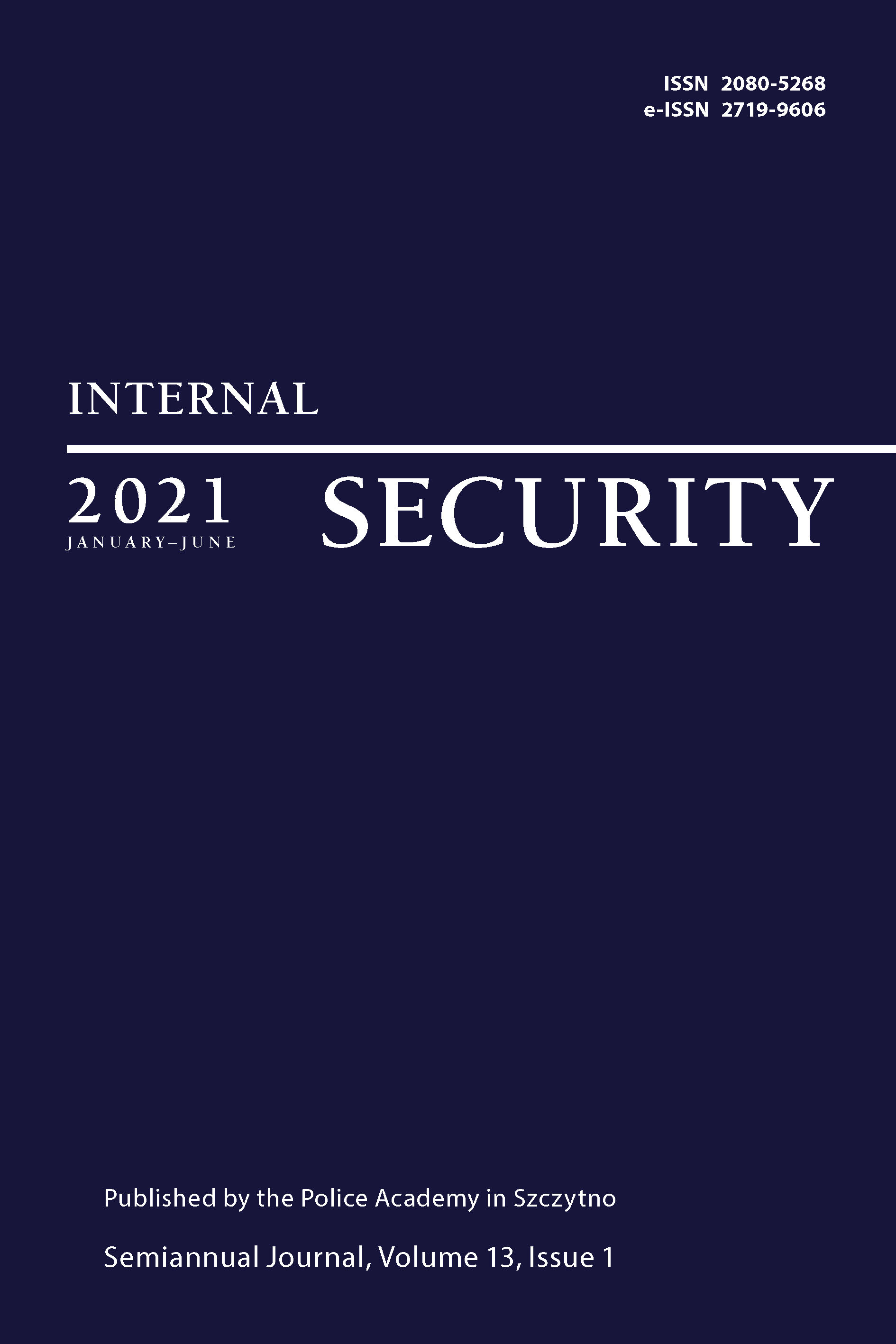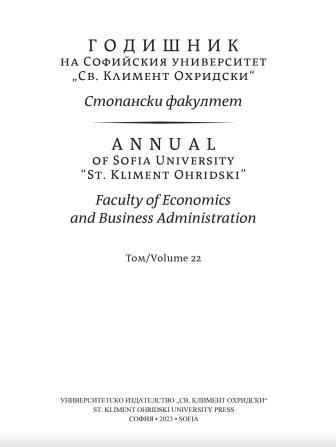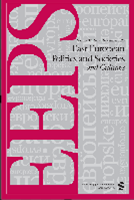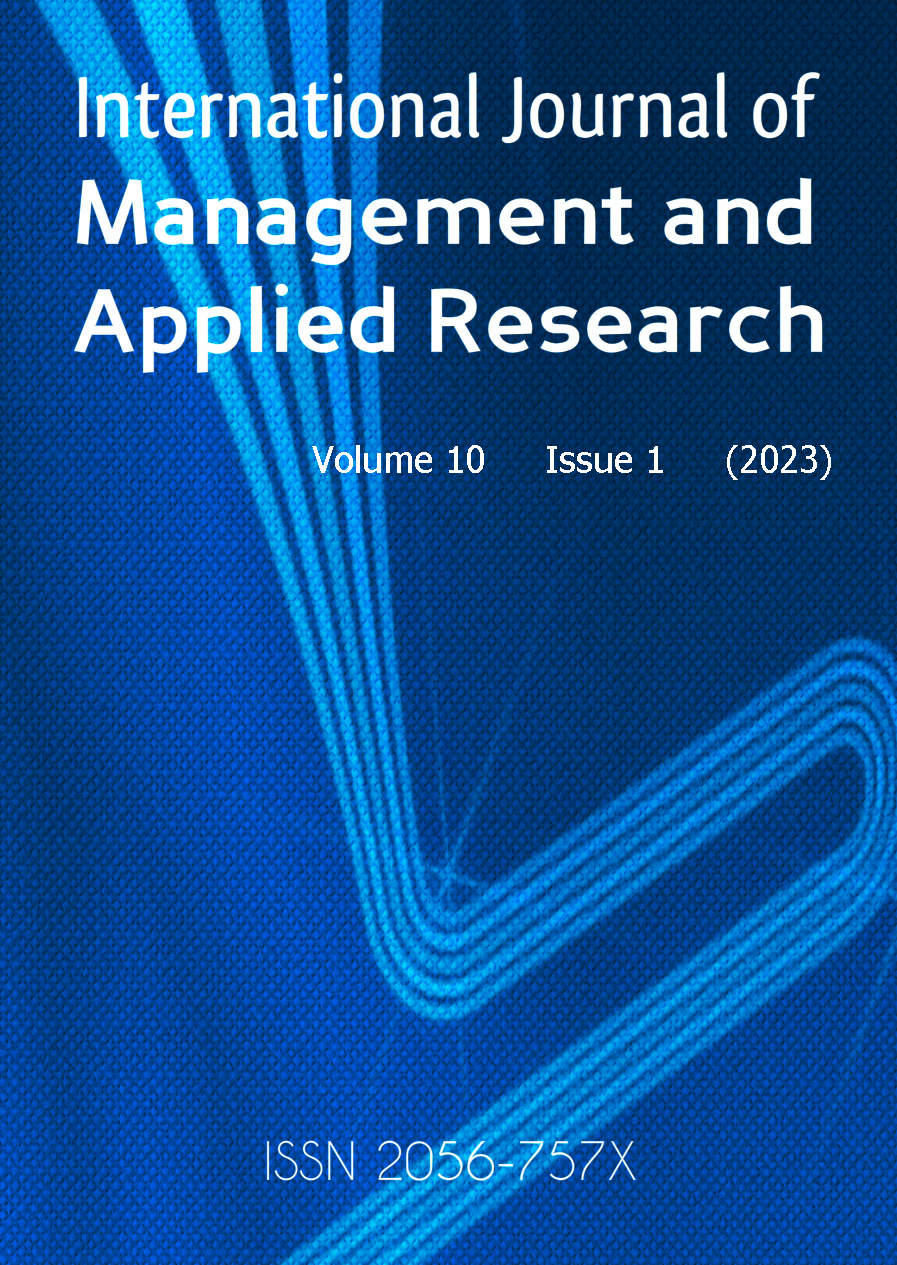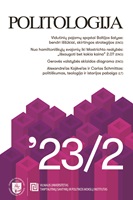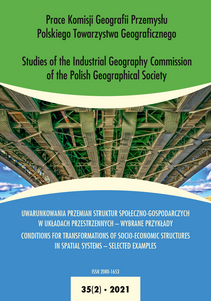
Russian border regions in the economic corridor of China-Mongolia-Russia
The object of the paper are the border regions of Siberia as a part of the planned China-Mongolia-Russia economic corridor in China’s foreign policy initiative “One Belt One Road”. The aim of the study is to reveal the nature of the interaction of these regions with the outside world to determine the ways of their development within a common economic space of the corridor. The study is based on the analysis of foreign investment flows to the border regions using macro- and microeconomic methods. The volume foreign capital goes mainly to mining, while other industries are dominated by small enterprises formed by foreign citizens, not corporations. In these areas, intermediary business prevails, which does not require increased human capital. China is gradually replacing other counter-partners in the use of natural resources, including mineral and forest ones. The problems of development of the border regions in common economic space of the corridor due to similar resource specialisation and weak development of the embedded economy have been identified. With the development of transit infrastructure, it is necessary to develop local industries integrated into large projects and capable of using this infrastructure to expand sales markets.
More...
